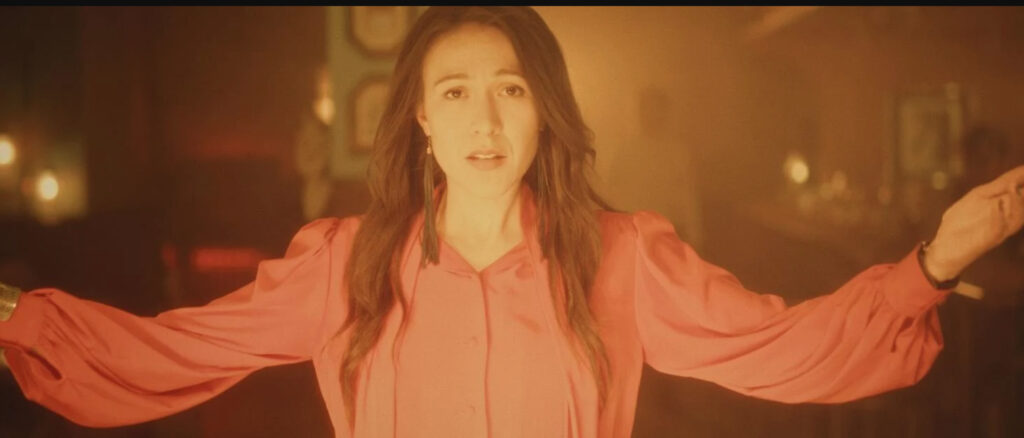
The imagineNATIVE Film + Media Arts Festival will be running again in Toronto, with a slate of in-person events set for Oct. 18 to 23, followed by online festival selections from Oct. 24 to 30.
The opening night gala, taking place at the TIFF Bell Lightbox, will centre around “Stellar” by Darlene Naponse, an Anishinaabe director.
“The imagineNATIVE Film + Media Arts Festival is the world’s largest Indigenous festival showcasing film, video, audio, and digital and interactive media made by Indigenous screen content creators,” reads the press release announcing the event. “The festival presents compelling and distinctive works from Canada and around the globe, reflecting the diversity of Indigenous nations and illustrating the vitality and dynamism of Indigenous arts, perspectives, and cultures in contemporary media.”
The film is a self-reflective piece on the connections that people form between themselves, others and the planet as a whole. Explored through the lens of a catastrophic meteor crash on earth that traps two lovers in a small northern Ontario bar.
Throughout the festival, more than 147 works from 16 countries in more than 55 Indigenous languages will be presented, including 19 feature films, 13 shorts, nine digital and interactive works, and a mix of audio, music, exhibitions and other art.
The in-person event on Oct. 23 will draw to a close with a showing of “Rosie” by Gail Maurice (Cree/Métis). It is a film about an orphaned Indigenous youth who moves in with her street-smart aunt, against the backdrop of the fringe of 1980s Montréal.
Festival organisers suggest keeping an eye out for the other feature films, like “Powerful Chief” by Henry Vallejo (Aymara), which follows Elisban as he arrives and survives in a city homeless and broke; “The Drover’s Wife The Legend of Molly Johnson” by Leah Purcell (Goa-Gungarri-Wakka Wakka Murri) in which a mother is pushed to the limit of what she’ll do to protect her loved ones; and “We Are Still Here,” a film by eight different Aotearoa directors in which eight tales are interwoven to create a story of hope and survival.
For documentaries, look to the true crime doc “Bring Her Home” by Leya Hale (Dakota/Diné); a film about the intergenerational impact of being a state ward called “A Boy Called Piano — The Story of Fa’amoana John Luafutu” by Nina Nawalowalo (Fijian); and a documentary titled, “Kaatohkitopii: The Horse He Never Rode” from Trevor Solway (Blackfoot).
Festival tickets are available on the imagineNATIVE website’s box office.








